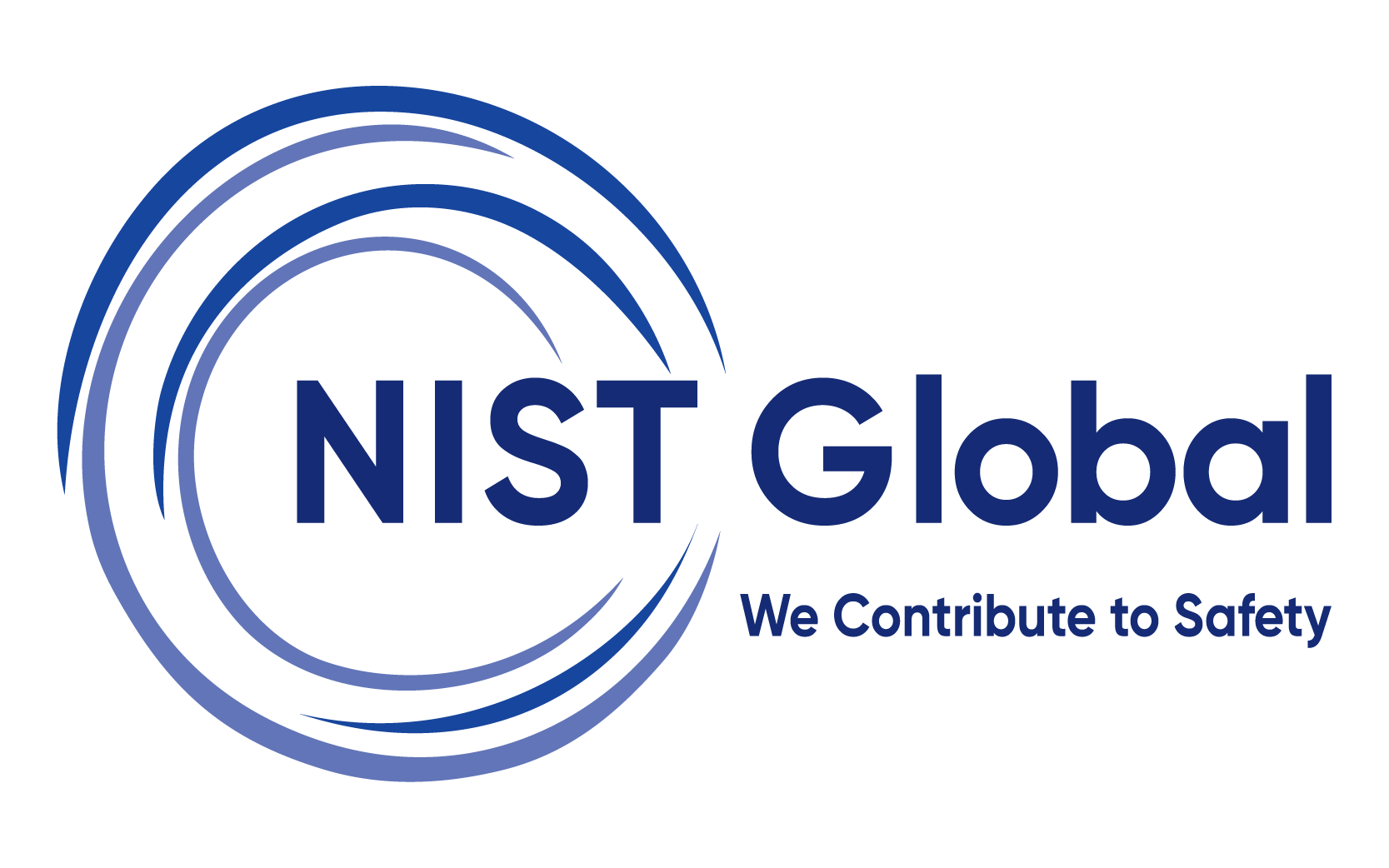Process Hazard Analysis ( hazid/ hazop/ what if)

-
Training TopicProcess Hazard Analysis ( hazid/ hazop/ what if)
-
Learning PartnerNIST
-
LanguageEnglish
-
For queries, & Assistance
Hazard and Operability study (HAZOP) is a qualitative technique based on guide-words and is carried out by a multi-disciplinary team (HAZOP team) during a set of meetings, facilitated by a hazop leader.
What If Methodology is a qualitiative technique using a series of questions that begin ,"What if ?". Each question represents a potential failure in the facility or misoperation of the facility.
HAZID (Hazard Identification) is the high level review of potential hazards based on checklists which is often done at the project stage.
What are the benefits of conducting Process hazard Analysis?
HAZOP studies are used with great success within chemical and the petroleum industry to obtain safer, more efficient and more reliable plants.
- Determine locations of potential safety problems
- Addresses the Engineering and administrative controls applicable to the hazards and their interrelationships
- Addresses the Consequences of failure of engineering and administrative controls, especially those affecting employees/ Asset/ Environment
- Identify corrective measures to improve safety
- Preplan emergency actions to be taken if safety controls fail
- Provides refresher training for the operating personnel while considering different scenarios which are hypothetical in nature
- Enhances the Safe Operating procedure
When to do Hazop?
- During FEED ( Front end engineering)
- Detailed engineering
- Validation During plant operation
- Modification ( Management of change)
- Decommissioning
Role of NIST in conducting HAZOP session
- Scheduling and planning the session
- Inhouse HAZOP chairperson who has done more than 30 Projects w certified Hazop leader / LOPA/ Functional safety expert
- Verify thoroughly the process documents and conduct sessions in systematic manner
- Provide practical solutions for the hazop action points
- Train Hazop methodology to stakeholders
- Prepare comprehensive report with priority and categorisation
